Description
Kongsberg RDIOR420 (306713) – Remote I/O module for 4–20 mA process loops and discrete signals
The Kongsberg RDIOR420, part number 306713, is a compact remote I/O module typically used in marine and industrial automation to bring 4–20 mA process measurements and digital signals into a supervisory system. From my experience, it’s most often deployed on vessels with KONGSBERG automation—think K-Chief based systems—or as a reliable drop-in I/O node on RS‑485 or CAN-based networks. You might notice that its design favors straightforward cabinet installation and stable loop handling, which makes it a practical choice for maintenance crews working in tight engine-room cabinets or offshore skids.
One thing I appreciate is how it simplifies mixed-signal panels: it appears to accommodate 4–20 mA analog inputs alongside opto-isolated digital I/O, so instrumentation and status contacts can be terminated on a single device. In many cases, that reduces wiring complexity and troubleshooting time during port calls or shutdown windows.
Order Placement Process and Guarantees
- Warranty: 365 days
- Delivery: 1 week for in‑stock items; no more than one month at the latest
- Payment: 50% advance payment; full payment prior to delivery
- Express options: FedEx, UPS, DHL
- Pre‑shipment checks: Functional verification and visual inspection to reduce commissioning risk
Key Features
- 4–20 mA analog handling – Stable loop acquisition for process transmitters (pressure, temperature, level), suitable for shipboard and plant environments.
- Integrated digital I/O – Opto‑isolated inputs and relay/solid‑state outputs typically available for limit switches, run feedback, or alarms.
- Marine‑ready design – DIN‑rail form factor with cabinet‑friendly wiring; appears to be built with noise immunity in mind.
- Flexible networking – Commonly used on RS‑485 Modbus RTU or CAN‑based networks in distributed I/O topologies.
- 24 VDC system power – Matches standard vessel and industrial control supplies, simplifying spares and panel design.
- Serviceable in the field – Pluggable terminal blocks (in most cases) make swap‑outs faster during tight service windows.
Technical Specifications
| Brand / Model | Kongsberg RDIOR420 (P/N 306713) |
| HS Code | 8537.10 – Programmable control/industrial control apparatus |
| Power Requirements | 24 VDC nominal (typically 18–32 VDC), low power draw suitable for cabinet rails |
| Dimensions & Weight | Compact DIN‑rail module; approx. 130 × 110 × 35 mm; ~0.3 kg (typical for this series) |
| Operating Temperature | -10 to +55 °C, 5–95% RH non‑condensing (typical cabinet conditions) |
| Signal I/O Types | 4–20 mA analog inputs; opto‑isolated digital inputs; relay/solid‑state digital outputs |
| Communication Interfaces | RS‑485 (Modbus RTU) and/or CAN‑based networking in many installations |
| Installation Method | DIN‑rail (EN 60715) mounting; cabinet installation (IP20), pluggable screw terminals where applicable |
Note: Exact channel counts and interface options may vary by hardware revision. We can confirm against your serial number or system layout before shipment.
Application Fields
This module is typically used where reliable loop acquisition and discrete control are needed over long cable runs and electrically noisy environments.
- Marine automation: engine room monitoring, ballast and bilge control, cargo handling signals
- Offshore platforms: utilities and safety-related I/O aggregation (non‑SIL areas unless specified)
- Power management and auxiliary systems on vessels and industrial plants
- Skid packages: compressors, pumps, water treatment where 4–20 mA loops dominate
“We swapped a failed I/O node on a PSV with the RDIOR420 and were back online in under an hour—no re‑wiring, just a quick loop check.” — Feedback from a marine service engineer
Advantages & Value
- Compatibility – Designed for KONGSBERG ecosystems and commonly used in mixed vendor panels via Modbus/CAN links.
- Lower lifecycle cost – Stable 4–20 mA performance reduces nuisance trips and repeat calibrations.
- Service-friendly – DIN‑rail, labeled terminals, and typical pluggable connectors speed up replacement.
- Risk reduction – Units are function-checked before dispatch, which typically shortens commissioning time.
- Procurement clarity – Clear P/N 306713 traceability for spares management and documentation updates.
Installation & Maintenance
- Cabinet environment – Install on EN 60715 DIN rail in a ventilated IP54 (or better) enclosure. Keep ambient within -10 to +55 °C.
- Power & wiring – Use a clean 24 VDC supply. Separate 24 VDC power, analog loops, and digital cabling to minimize noise.
- Analog loops – Shielded twisted pair for 4–20 mA; land shields at a single point to avoid ground loops.
- Communications – For RS‑485, follow 120 Ω termination and biasing best practices; for CAN, maintain correct bus termination and stub lengths.
- Safety – De‑energize control power before servicing. Verify polarity and check earth/PE bonding.
- Routine care – Quarterly terminal torque check, dust removal, and loop verification. Firmware updates where applicable and approved for your system.
Quality & Certifications
- CE compliance (EMC and Low Voltage directives)
- RoHS compliant materials, typical for modern control modules
- Manufacturer’s standard warranty practices, plus our 365‑day coverage on supply
- Traceable sourcing and pre‑shipment functional checks available
Supporting Components (commonly paired)
- 24 VDC marine/industrial power supplies with redundancy ORing modules
- Shielded twisted‑pair cabling for 4–20 mA instruments (low‑capacitance type)
- RS‑485/CAN surge protectors and DIN‑rail EMC filters for noisy environments
- Panel terminal markers and pluggable terminal kits for quick swap‑outs
- Protocol gateways (Modbus RTU–TCP) for integration into ECR or DCS networks

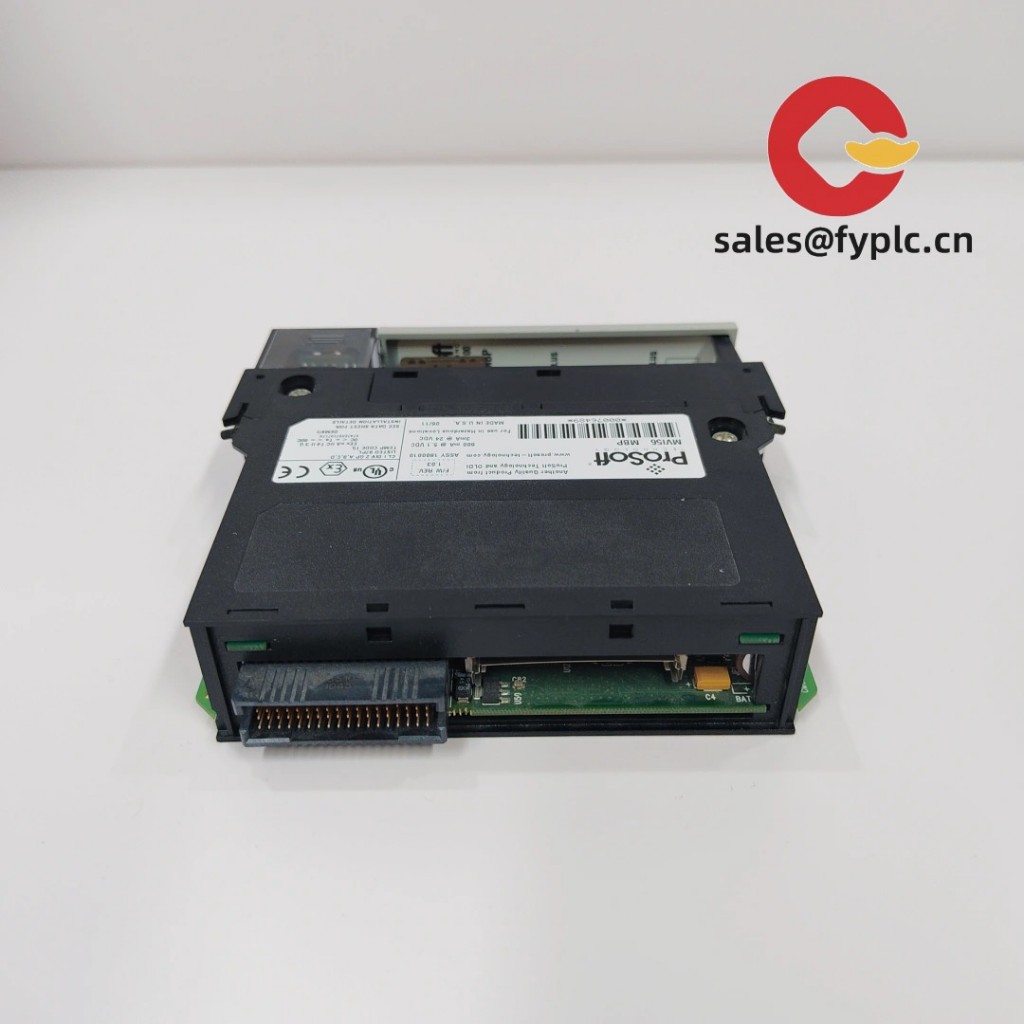
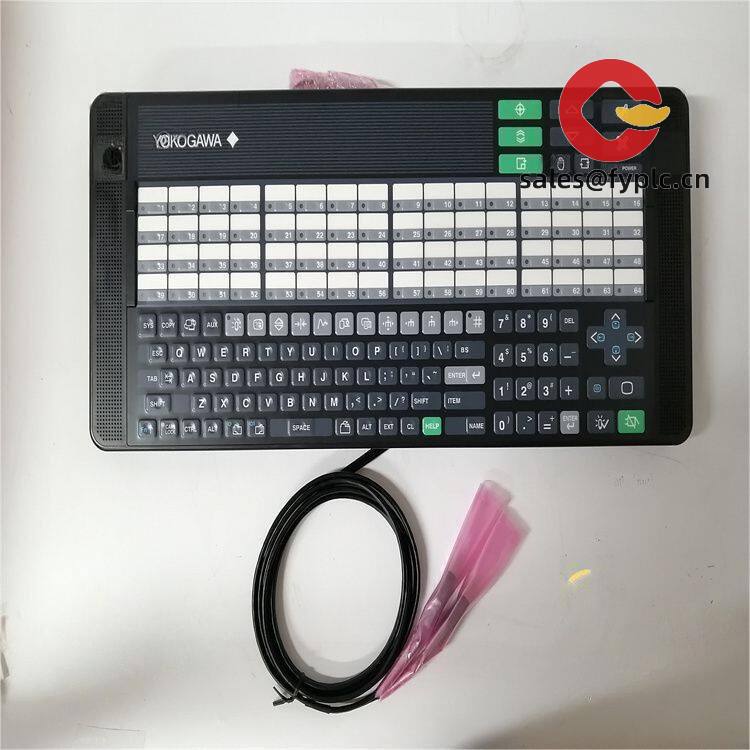
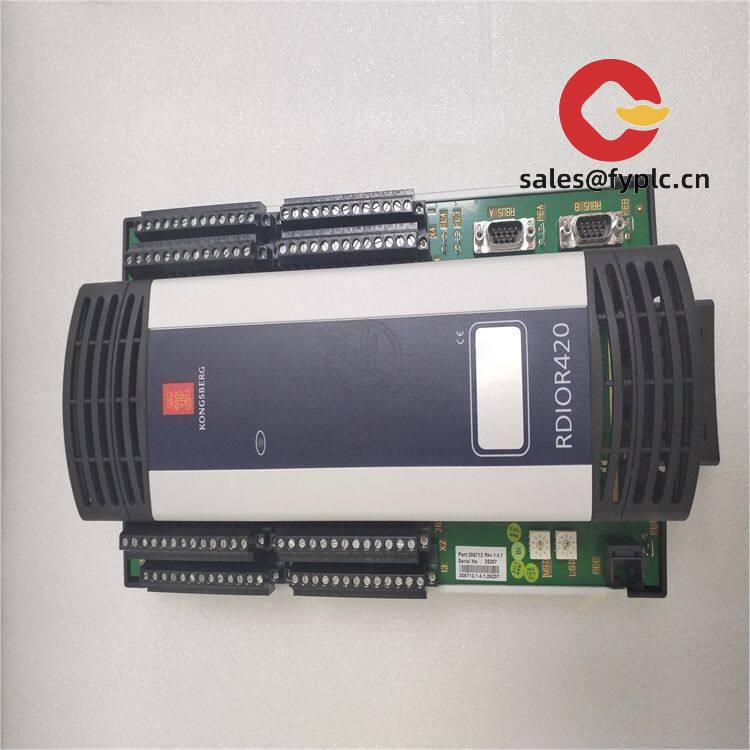
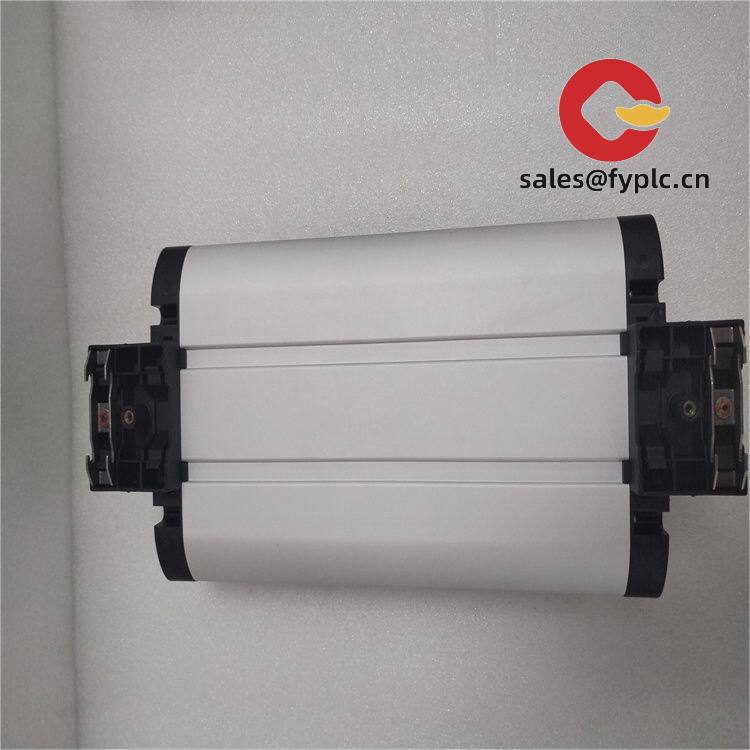

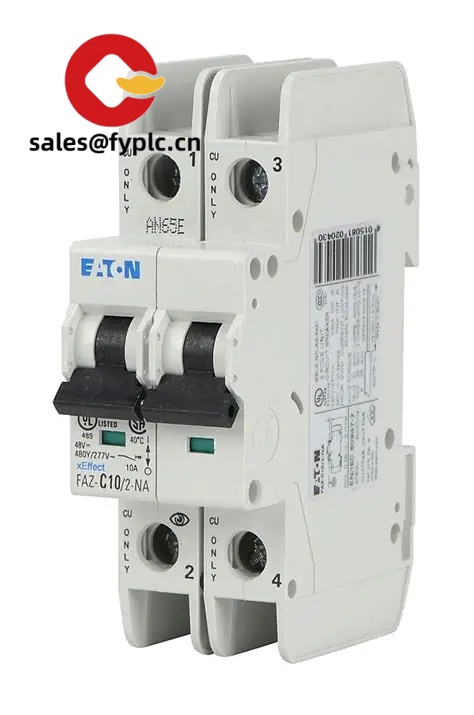
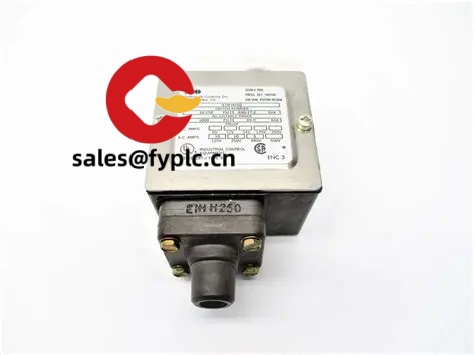
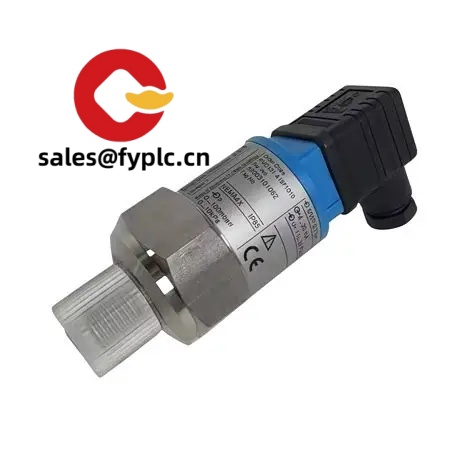
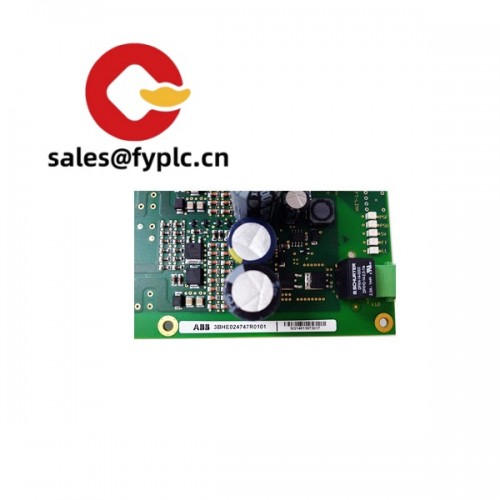
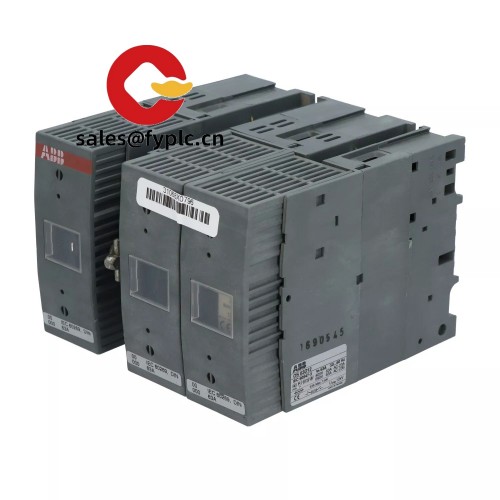
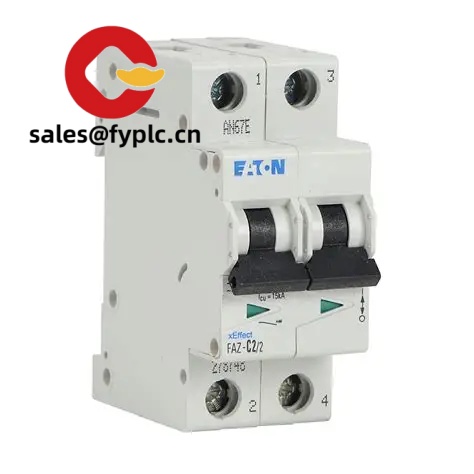


Reviews
There are no reviews yet.